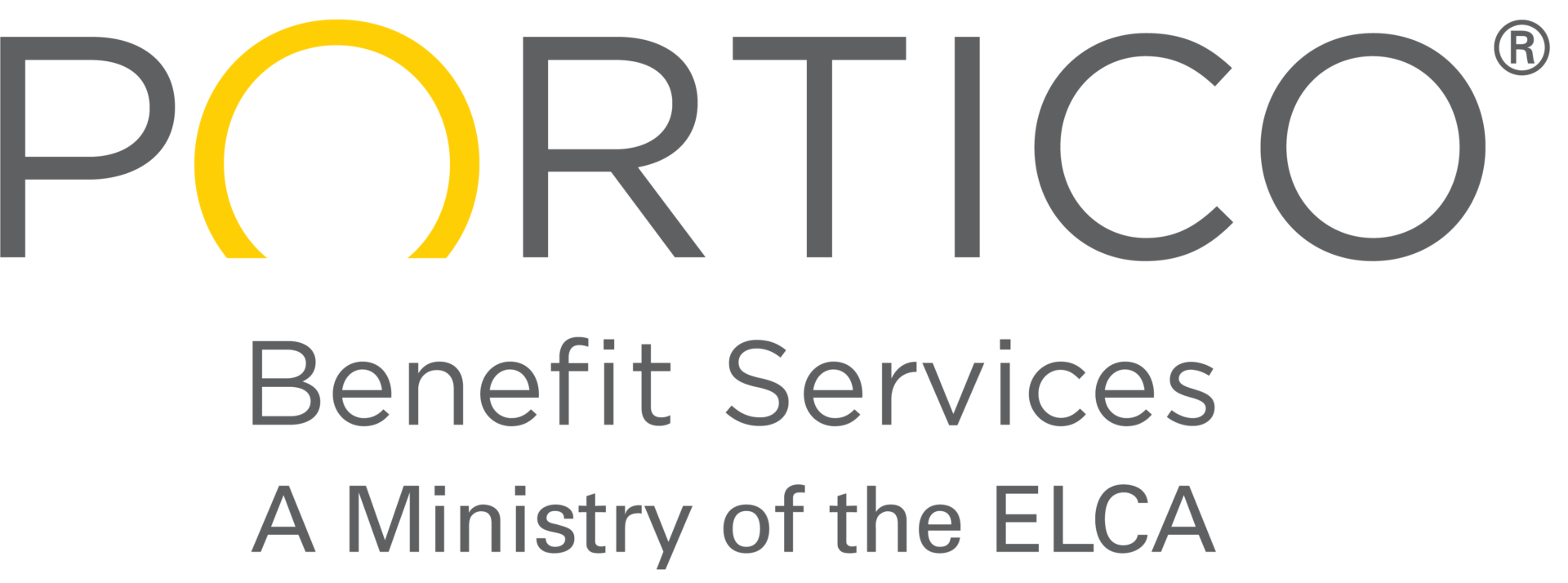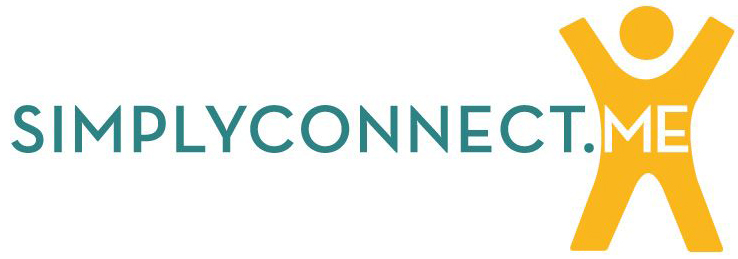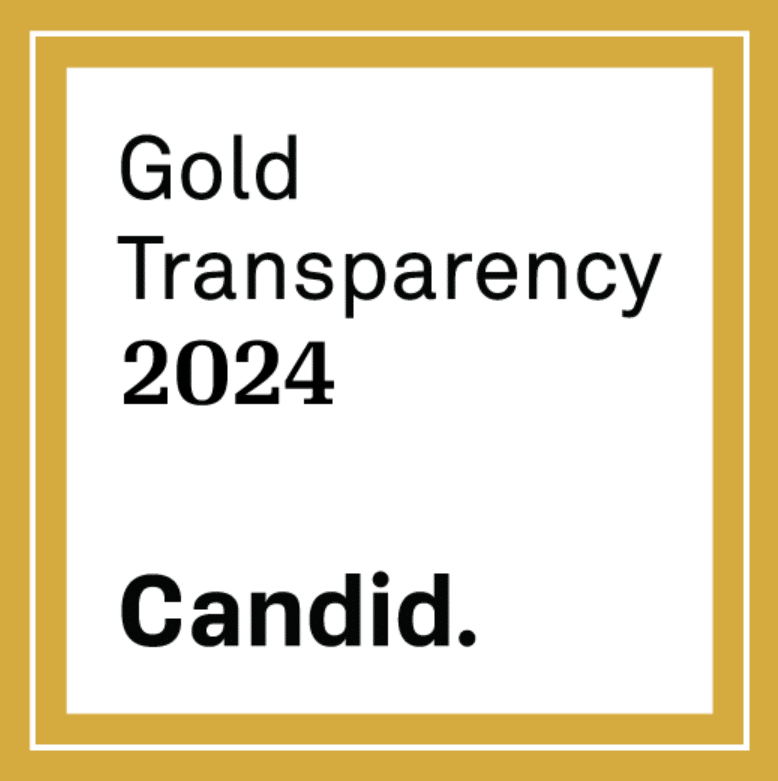Now that you’ve learned about the broker selection process, you may have additional questions. While JKJ is always available to answer questions that you might have, here are some that we commonly hear from other organizations.
At what point during the insurance renewal cycle should this process take place?
Under ideal circumstances, it should be completed by the time you are ready to consider getting options for your insurance program renewal and before your current broker begins the renewal efforts. Give yourself time to conduct this process. This is an important decision. Six months before your renewal is not too soon.
How frequently should the broker relationship be reviewed?
This varies. Management may wish to review the relationship every 3-6 years. If things are going along well in the partnership, there may not be any need to review the relationship unless there is a concern. A good broker should be performing a stewardship review with you annually, which will probably drive this decision.
Are there times when this system doesn’t work at all?
Yes. If you have a situation where none of the brokers are specialists in your line of work, you may very likely end up in a situation where no single broker has a wide array of insurance markets. If this is the case, you may need to consider the traditional selection approach, or you could use this approach to determine which two brokers will have a chance to bid on your program. Either way, the system gives you the tools to select quality brokers and limit the number of brokers involved.
Are there times when this system works particularly well?
Yes. If you have multiple brokers who generally all represent the same markets, this allows the brokers to differentiate on something other than the insurance company relationships.
What are some of the most important variables to consider when using this approach?
The Risk Management resources and services that the broker can provide can make or break a program.
Who actually will be available to you and what are their qualifications and experience?
The expertise of the broker when working with your class of business is critical. It is important to know that the broker that you ultimately choose actually represents the insurance companies who will be the more likely ones that you will do business with. If five insurers control 90% of the market and the broker you chose only represents two of the five, then this could be a big problem!
What markets do the broker represent? What volume of business does the broker have with each? What insurance companies are most likely to earn the business? Why? Discuss the relationships involved. The opinions of references are key. If good references that can vouch for all the promises that the broker is making are not available, then you may just be listening to a hollow sales pitch!
Do I tell the brokers how they will be scored? Why not?
Don’t make the broker be a mind reader. Be open to the brokers you will interview and let them know what is important to you. You can do this verbally, in the form of a form letter, or in the form of specifications that you want to be sure that they respond to in their interview. Or … you may want to just leave this to the broker. If they know their business, they will have a pretty good feeling for what the important variables are for your business. Whether or not you choose to communicate this prior to the selection process, it is obviously important that you ultimately communicate these areas of importance to your broker.
How do I know the broker is bringing the best alternative to me?
There are several ways to accomplish this. Require the broker to present alternatives to you and provide you with sound reasoning for the basis of their recommendation. Analysis of the options should be standard protocol. Most people can determine fairly quickly if their partners are being open and honest with them. At a point, you need to trust your broker. This individual should be a trusted advisor just like your attorney or accountant. If you don’t trust them, you should fire them. Compensation Disclosure of broker compensation is completely appropriate. Feel free to ask that it be disclosed when quotes are provided, or in advance if you would like.
Remember, though, that fees/commissions are determined in large part based on the services that are provided. If you expect the fee to be charged to be part of the initial broker presentation, you will need to have clearly communicated what services you want in advance so that these fees can be set appropriately. The “chicken or egg” scenario arises here, because you may not know what you want until you know what is available. We recommend that you save the compensation question until a second interview after you have a complete understanding of what services you want, the frequency that you want them, etc… While compensation is fair game for discussion, you want to be fair about it. In the end, you will get what you paid for.
Conclusion
Let this system work for you. Don’t make it too complicated. Ask brokers what variables they think are important. Most of the brokers will guide you to their strong points and what they think is important! It is good to get input on your comparison variables from numerous sources. When you have been through this process and see the results that it can produce, you will likely be hard pressed to go back to the way you use to do it. Good luck!
This is the third entry of a three-part series of blog posts. Read the first and second posts. Find out more from Johnson, Kendall & Johnson or contact Rafael Haciski.














